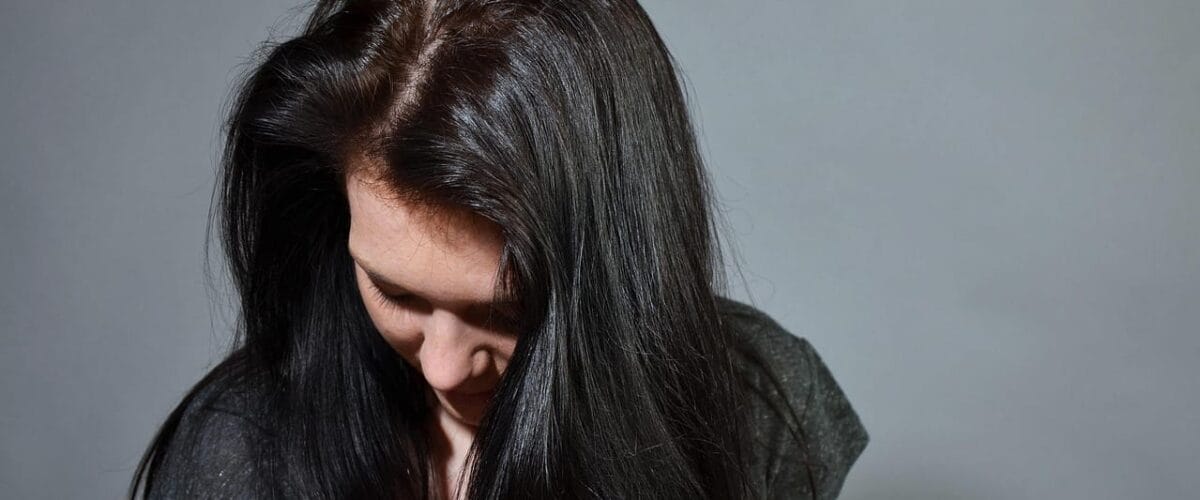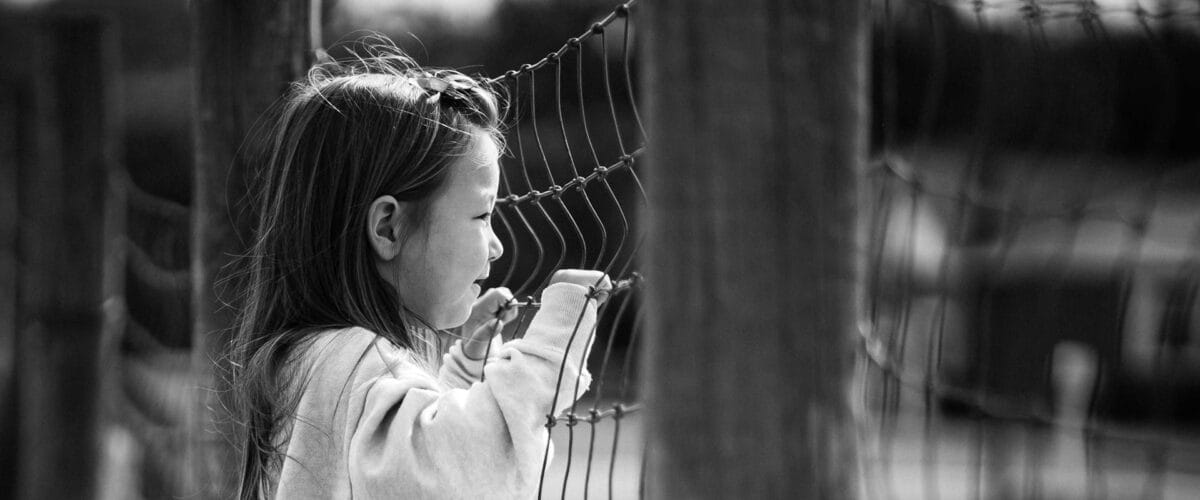Can vengeance bring peace? Two superhero stories recently released grapple with this topic. Coming from two different franchises, Marvel’s Moon Knight was released on DisneyPlus, and DC’s Batman released in the theaters. Taken together, they present an interesting comparison to the old testament and new testament views on vengeance.
Moon Knight, featuring Oscar Isaac, has a man with dissociative identity disorder who is also the servant of Khonshu, the Egyptian moon god and god of vengeance. The main conflict in this series is stopping another Egyptian god who is trying to come back from banishment. She too is a god of vengeance, but this god takes a different approach. She reads your soul and pronounces judgment before the action has taken place. Steven and Marc (both different personalities in his DID) are trying to stop her return and what they feel is a dangerous perspective. Reminiscent of Minority Report, Steven notes that killing someone for a thought seems a bit ridiculous. This is not to say that Khonshu’s rough vengeance is not critiqued also. It is consistently hinted at that he is a manipulative and destructive master, often harming his avatars even as uses them to accomplish his own goals.
The recent film The Batman featuring Twilight’s Robert Pattinson also grapples with the concept of vengeance. The opening scenes of the movie focus on Batman’s monologue regarding the work he is trying to do in Gotham and how ineffective he feels he has been. He also explains that he is known as Vengeance, an idea that becomes important later in the film. In typical Batman-style, we see him menacing bad guys and foiling their plans. In one scene, gang members corner a man getting off a subway with the intent to haze one of their members by having him knock out the innocent bystander.
The newbie, however, is hesitant to hit the man—while he stands there, Batman walks up. He is shrouded in darkness as he approaches from a darkened tunnel, and we hear his heavy footsteps before we see him. When he enters the scene, the leader of the group approaches him, and it quickly turns violent. The kid being initiated into the gang runs off in fear and finally, all who are left conscious are Batman and the man who was about to be beaten. We expect him to be grateful and express his appreciation to Batman for saving him. Instead, he cries out, “Please don’t hurt me!” And then runs off.
*Spoilers*
In this film, we meet the Riddler who goes on a killing spree taking down corrupt officials and bringing into the light their nefarious actions. As Batman learns about the corruption, some of it leading even back to his sainted father, he is challenged in his core beliefs. Cat Woman played by Zoe Kravitz pushes him to exact vengeance on those who have murdered and taken advantage of others as a prelude to the Riddler’s revelation that he believes that his actions are in line with Batman’s philosophy. He is continuing the work that Batman has been doing and is shocked that Batman does not agree.
The final scenes of The Batman show him instead of getting revenge, he is doing acts of kindness. The city has been mostly destroyed by Riddler’s plans. Batman then rescues people who have been trapped. Just like at the beginning of the film, he speaks aloud of his purpose. “Vengeance won’t change the past. Mine or anyone else’s. I have to be more. People need hope, to know someone is out there for them.” He surmises that the impact he made while enacting vengeance wasn’t the one he meant to make. He will change his ways and instead offer hope.
Moon Knight and Batman both display an Old Testament perspective on vengeance with the concept of “an eye for an eye” (Leviticus 24) and reveal its weaknesses from a human perspective. Exacting vengeance, even if it is completely fair, does not bring about real change. God demonstrates this clearly in the Old Testament when even this balanced perspective (especially compared to some ancient practices) does not ensure good people (also note there are many instances of mercy in the OT as well). In both shows, the bad guys are stopped, and the heroes are left to clean up afterward, causing them to consider whether a life focused on vengeance is a good life at all.
Moon Knight leaves us wondering what will happen next to the main character, while The Batman lets us know that he plans to change his focus. This change of heart echoes the change seen in the New Testament where suggestions of pursuing peace and turning the other cheek are offered. Jesus directly contradicts the message of “an eye for an eye” and speaks of a new way, one focused on reconciliation and not judgment.
The focus of our hope is not a limited man who is trying to be more, but an unlimited God/Man who has already balanced the scales of justice. To imitate Him, we carry on the message of hope, knowing that the biggest changes made in our world are made by love and not law. This is the message that was demonstrated in the Bible, hinted at in Moon Knight, and expressed in The Batman.
This is an updated edition of a post originally published on Tatyanas Table
Featured Image by FotoTapeteSarajevo from Pixabay




















Comments are closed.